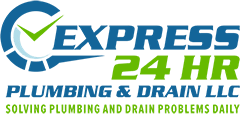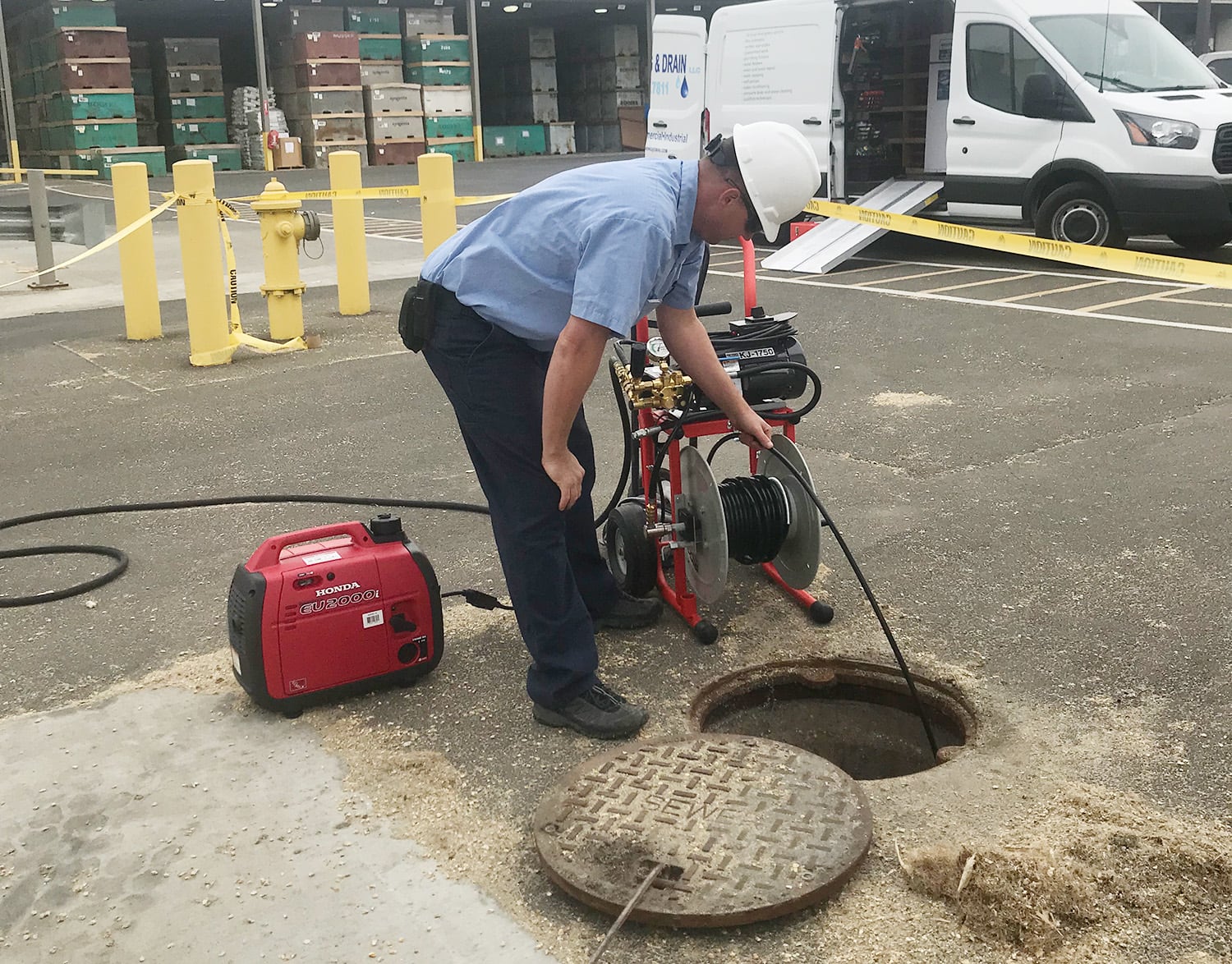What are the signs of a clogged drain?
If you suspect that you have a clogged drain, there are several signs to look out for. The following are some common signs of a clogged drain:
- Slow draining: If water is slow to drain in your sink or bathtub, this could be a sign of a clogged drain.
- Bad odors: If you notice bad odors coming from your sink or bathtub drain, this could indicate a clog.
- Gurgling sounds: If you hear gurgling sounds coming from your drain, this could be a sign that air is trapped in your pipes due to a clog.
What are the common causes of clogged drains?
Clogged drains are a common household problem that can be caused by a variety of factors. The following are some of the most common causes of clogged drains:
- Hair: Hair is one of the most common culprits of clogged drains, especially in the bathroom. Over time, hair can accumulate in your pipes and create a blockage.
- Grease and fat: Grease and fat are another common cause of clogged drains, particularly in the kitchen. When grease and fat are poured down the drain, they can solidify and create a blockage.
- Food waste: Food waste, such as leftover vegetables or fruit peels, can also cause clogged drains if they are not properly disposed of.
What is drain cleaning service, and why is it necessary?
Drain cleaning service is the process of removing both natural and inorganic material from the drain pipes to prevent clogging and to maintain proper drainage. It is necessary because clogged drains can cause damage to your plumbing system, release sewer gases, and create unhygienic conditions. A specialized drain cleaning service has the equipment and experience to quickly determine the cause of any clog and remove it without risking further damage to your plumbing or your residence.
Can do-it-yourself drain cleaners effectively fix clogged drains?
Do-it-yourself drain cleaners are not a practical fix for your sewage system and drain pipes. They can cause more damage to your plumbing system, and the chemicals can be harmful to the environment and your health. It is recommended to seek the assistance of a specialized drain cleaning company in Tri-cities, WA to properly address clogging and any buildup problems with your drains.
What methods do drain cleaning professionals use to clear clogs?
Drain cleaning professionals use different methods to clear clogs, depending on the type of clog and the condition of the pipes. Most persistent obstructions that cannot be plunged can be removed via snaking, which uses a long, thin wire that is extended into your drainpipe to hook or break up the clog. Plumbing snakes may be hand-cranked or motor-operated, depending on the length and diameter of your drain and the type of clog you are facing. Hydro-jetting is another method that can blast away stubborn buildup from the inside of your pipes.
What are the types of drain cleaning services are there?
Drain cleaning services offered include floor drains, sink drains, storm drains, toilets, sewer drains, and more. The main goal of drain cleaning services is to remove both natural and inorganic material from the drain pipes by using hand tools or power tools to eliminate any obstructions in the pipe.
What should you expect during drain cleaning service?
During drain cleaning service, the drain cleaning professional will first determine the cause of the clog and the condition of the pipes. Most persistent clogs that cannot be plunged can be removed via snaking or hydro-jetting. If your pipes have been damaged by the clog, such as the intrusion of tree roots into a drain line, your plumbing technician will also recommend professional pipe repair to fix leaks and restore pipe integrity.
What are the benefits of professional drain cleaning?
Professional drain cleaning can help remove stubborn clogs that household solutions may not be able to fix. It can also prevent future clogs from forming, improve the overall performance of your drains, and help extend the lifespan of your plumbing system. Additionally, professional drain cleaning can help identify and address any underlying issues with your pipes, such as leaks or damage, before they become more serious and costly problems.
How can I prevent clogged drains in the future?
To prevent clogs, it is important to be mindful of what you put down your drains. Avoid pouring grease or oil down the drain, and use a strainer or drain cover to catch hair and other debris. Regularly cleaning your drains with a mixture of hot water and vinegar can also help prevent buildup and keep pipes flowing smoothly.

